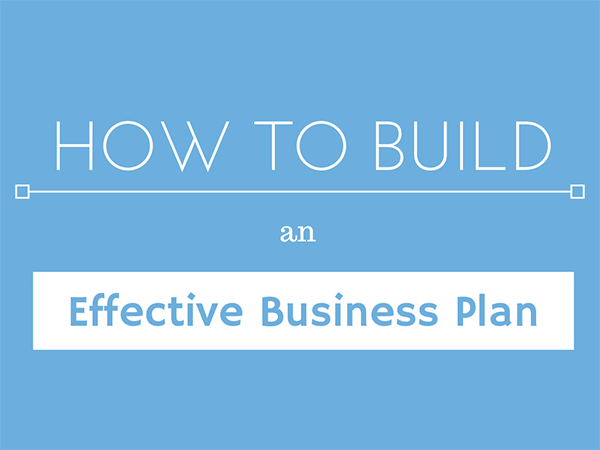For many people, writing a business plan is an absolute essential part of starting a business. For others, a futile piece of paper used only to help you gain investment. Whichever side of entrepreneur thinking you live on, the fact remains, that a business plan (even if it only spans a page or two) can always be the place where you can simply gain some clarity about your service, or more importantly set flexible objectives to measure your success and prevent any potential failure.
For us at 123Print UK, we love the business plan. Ultimately, it is the moment you kick-start your idea and having one can give you a clear idea of where opportunities lie and how to avoid prospective threats. If you are making a business plan, take a look at our 5 tips to make sure it is an effective and evolving plan.
1. Design a Business Plan Around Your Audience
Determining who is going to be reading your business plan will help you when deciding which areas to develop further. If you are looking for investors, then it would be important for you to ensure your financial information is well researched. Develop at least three different scenarios (success, failure etc.) and back it up with evidence. If you are designing a business plan for yourself, then it’s important to revise the clear vision of your business so you can return to it frequently for inspiration or affirmation of your goals. Remember, determining who is reading the business plan doesn’t give you an excuse to avoid the trickier areas, and it is important to fully analyse each part of your business.
2. Be Clear On Your Financials
From your Eureka Moment to your opening day, starting a new business is an overwhelming experience and it’s often accompanied with a high dose of optimism. With this, it is important that we admit now, that every new business is going to be rife with mistakes (yes, even the most optimistic amongst you will make mistakes) and it’s important that you’ve considered any predictable mistakes into your financials. Think carefully about the future, design a pessimistic financial model, a realistic one and of course an optimistic version. You should then carefully build clear contingent plans around each model, which should then prepare you and give you confidence when, and if, you are ever knocked off your feet.
3. Evidence, Evidence, Evidence
A Business plan without evidence is nothing more than a 5 page document of your rambling aspirations and often dreamed up scenarios. Think of a business plan as a vicious attack on your idea and your ability to pull off the business successfully. You need evidence to take the next step with your business and investors will need evidence when planning their next step. Go door to door if you have to, gather data, statistics, facts and market data. Collect them all and assign them places in your appendix for people to refer to. A well evidenced business plan is going to give you a lot of confidence.
4. Less is More, More is Less
If you have a point, say it… evidence it… move on. Don’t waffle in your business plan, stick to the facts and be clear with subject headings and use concise readable paragraphs. Cut out the fancy words, stick to plain, readable English and avoid the overuse of ‘I think’.
5. Plan to Plan
To stop your business plan, (and thus your business), being made redundant when a market changes, it is crucially important that you develop a plan which is ready to evolve. A business plan should not be set in stone and you should set dates to revisit your business plan often. Take time to run competitor analysis, gather more market data, and prioritise business needs effectively from the knowledge you learn from competition. It may be a little cliché, but if you fail to plan, you plan to fail.
Will you be using a business plan? We’d love to hear arguments both for the use of a business plan and against using a business plan! Let us know your thoughts and experiences in the comments.
